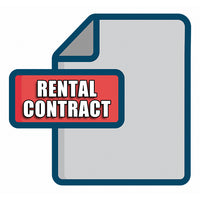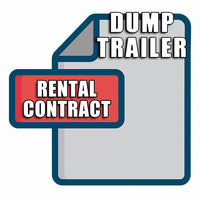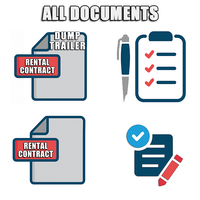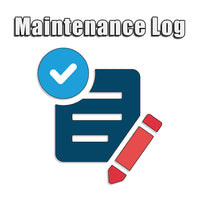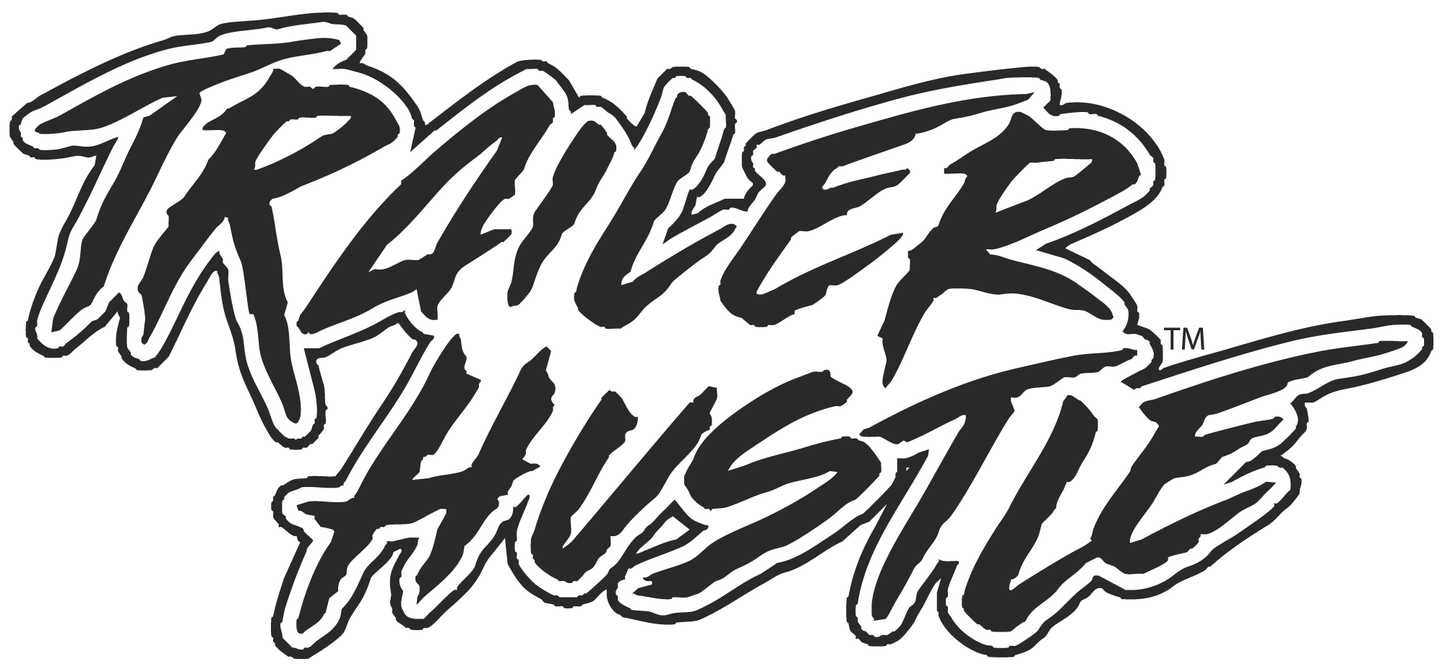
In recent times, economic fluctuations have impacted various industries, altering consumer behaviors and reshaping business landscapes. However, one sector that continues to witness a robust demand, even amidst economic downturns, is the rental trailer industry. This growing demand for rental trailers may seem counterintuitive at first, especially when economic hardship is generally associated with a decline in spending. So, what factors are fueling this sustained interest? Let's dive in.
1. The High Cost of Ownership
Purchasing a trailer involves a significant upfront cost. However, the expenses don't stop there. Owning a trailer means dealing with:
-
Maintenance Costs: Trailers, like any vehicle, require regular upkeep. From tire replacements to brake system check-ups, the maintenance bills can add up quickly.
-
Taxes: Depending on the state or country, owning a trailer can also incur annual property or road taxes.
-
Registrations and Licensing: Trailers need to be registered, which comes with its own set of fees. Additionally, in some regions, specialized licensing might be required to operate certain types of trailers.
-
Depreciation: A new trailer loses its value over time, with the most significant depreciation happening in the first few years.
When these ongoing costs are considered, the financial advantage of renting becomes crystal clear.
2. Intermittent Use
For many individuals and businesses, the need for a trailer is not constant. It might be required for a weekend camping trip, a house move, or a short-term project. For intermittent use, it doesn't make financial sense to invest in owning, storing, and maintaining a trailer.
3. Storage Concerns
Trailers, especially the larger ones, require ample storage space when not in use. Not everyone has the luxury of a spacious garage or a driveway. Renting a trailer eliminates the concern of finding a place to park it when it's not in use.
4. Flexibility and Variety
Rental trailer companies offer a range of options to cater to specific needs. Whether one needs an enclosed trailer, a flatbed, or a specialized trailer for specific goods, rental companies provide the flexibility to choose the right type of trailer for the job. This means customers don't have to commit to one type of trailer but can adapt based on their changing requirements.
5. Economic Hardship and the Rise of the Gig Economy
As the traditional job market becomes unstable, many are turning to the gig economy, taking up roles in delivery, hauling, or moving services. For these individuals, rental trailers provide an affordable and flexible solution to meet their job demands without the commitments of ownership.
In Conclusion
The resilience of the rental trailer industry, even in economically challenging times, is a testament to the practical benefits it offers. Whether it's the cost savings, flexibility, or the convenience factor, more and more people are realizing that renting a trailer often makes more sense than owning one. As long as these benefits exist, the demand for rental trailer companies will continue to grow, regardless of the economic climate.
